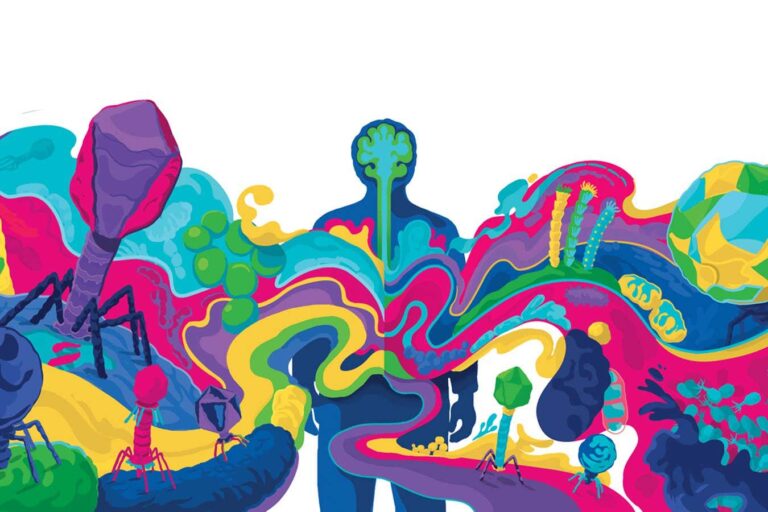Rats in John Cryan’s lab were withdrawn and anxious, behaving in ways that mirrored those who had been bullied at work and suspected they might encounter the bully again.
Believe it or not, the good news is that they fed some of these rodents a slurry of microbes extracted from their own feces. This may sound unpleasant, but it had a surprisingly positive effect on their behavior. “That was surprising,” says Cryan, a neurobiologist at University College Cork in Ireland. “We found that the behavioral changes that were induced by stress were normalized, and they started to behave like normal animals.”
Even more surprising, the mental changes weren’t brought about by changes to gut bacteria, but by modifying another key aspect of the microbiome whose importance is only now being recognized: viruses.
After all, our bodies are full of these viruses – trillions of stowaways that do no harm to our health, but instead play a key role in nurturing a beneficial microbiome and making us healthier. Recent studies have found that the influence of this “virome” can be found throughout the body, from the blood to the brain. The hope is that tweaking it might lead to new ways of treating a variety of ailments, from inflammatory bowel disease and obesity to anxiety.
Microbiome diversity
Over the past decade, there has been growing interest in the microbiome (all the tiny organisms that live on and in our bodies), but that interest has focused primarily on bacteria. Until recently, it was assumed that…


